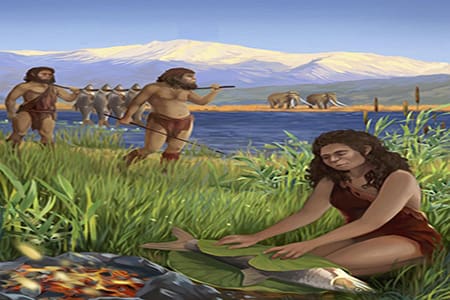Take Action is where awareness turns into empowerment. This category serves as a practical roadmap for individuals who want to align their values with their actions and become active participants in building a kinder, more sustainable world. From everyday lifestyle changes to large-scale advocacy efforts, it explores diverse pathways toward ethical living and systemic transformation.
Covering a wide range of topics—from sustainable eating and conscious consumerism to legal reform, public education, and grassroots mobilization—this category provides the tools and insights necessary for meaningful participation in the vegan movement. Whether you’re exploring plant-based diets, learning how to navigate myths and misconceptions, or seeking guidance on political engagement and policy reform, each subsection offers actionable knowledge tailored to various stages of transition and involvement.
More than a call to personal change, Take Action highlights the power of community organizing, civic advocacy, and collective voice in shaping a more compassionate and equitable world. It underscores that change is not only possible—it is already happening. Whether you’re a newcomer seeking simple steps or an experienced advocate pushing for reform, Take Action provides the resources, stories, and tools to inspire meaningful impact—proving that every choice counts and that together, we can create a more just and compassionate world.
Diabetes, a chronic condition affecting millions worldwide, demands effective strategies for blood sugar management to prevent serious complications. While traditional treatments like medication and insulin therapy remain essential, growing evidence highlights the transformative potential of dietary changes—particularly a vegan diet. Packed with fiber-rich whole grains, fruits, vegetables, legumes, and healthy fats, a plant-based lifestyle has been linked to improved insulin sensitivity, stabilized blood sugar levels, reduced inflammation, and even lower diabetes risk. This article delves into the science behind these benefits and provides actionable tips for incorporating vegan principles into diabetes care. Whether you’re managing diabetes or exploring innovative approaches as a healthcare professional, discover how embracing a vegan diet can support better blood sugar control and overall well-being


























































